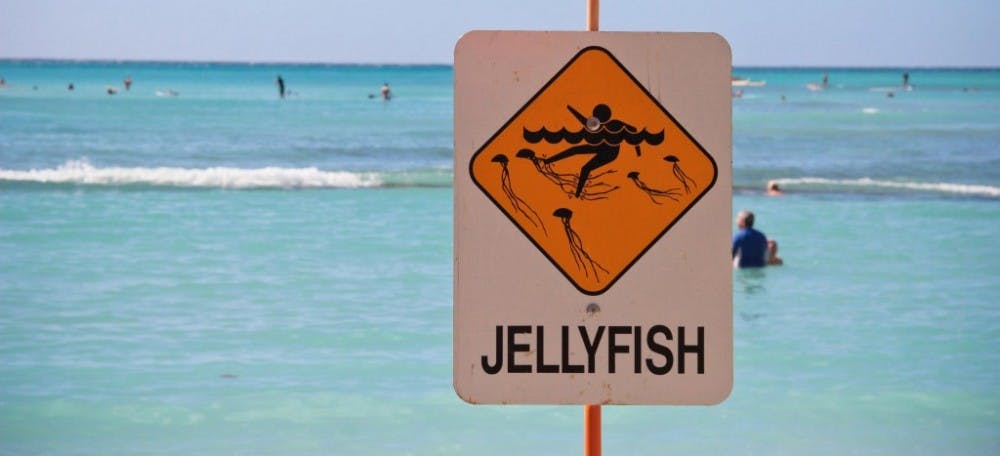With the summer months quickly approaching, it’s important to know how to handle summer’s stickiest situations so you can enjoy the season. Here are answers to some of this season’s most annoying issues.
Do you really have to wait 30 minutes after eating before going swimming?
This myth does actually have some truth to it! According to Christine Carter-Kent, a gastroenterologist with the Cleveland Clinic, “More blood is drawn to your GI track after eating, which can cause minor cramps.” But don’t worry; you don’t have to take this rule to the extreme. If you eat a Special K granola bar for a light snack, then you can jump in the water without waiting the 30 minutes. However, a heavy lunch of sandwiches, chips, cookies, and watermelon? Better listen to your body and wait it out before cannonballing into the deep end!
Is going in and out of air-conditioned buildings harmful?
No, the big temperature changes from 65 to 85 degrees do not make you susceptible to colds or other viruses, according to Dr. Andrew Blitzer of St. Luke’s-Roosevelt Hospital in New York. What will make you sick, however, is if your air conditioner is dusty. This will attract a bed of germs that could potentially be harmful to your health. You should consistently clean your AC so on those hot days you can crank it up to cool off!
Does scratching a bug bite help or hurt?
It can be so tempting to scratch those itchy bug bites, and even though you may feel relief, it is only temporary. According to Dr. Adnan Nasir of the University of North Carolina at Chapel Hill, “Scratching inflames immune-system messenger proteins at the sire, intensifying the itch.” Instead of using your nails, try holding something chilly, such as a cool soda or an ice cube on the bite to slow the body’s chemical reactions and to make the itch signals travel slower to the brain. Using anti-itching cream is a great idea for persistent bites.
Should you really pee on a jellyfish sting?
If you’ve seen the Friends episode then you’ve heard of the infamous urine cure for a jellyfish sting. In reality however, urine is not a central remedy. If you do become the victim of a jellyfish sting, soak a paper towel in white vinegar and place it on the wound. Dr. Paul Auerback from Stanford University School of Medicine says the vinegar acidity “inactivates the stingers and diminishes the pain.”


